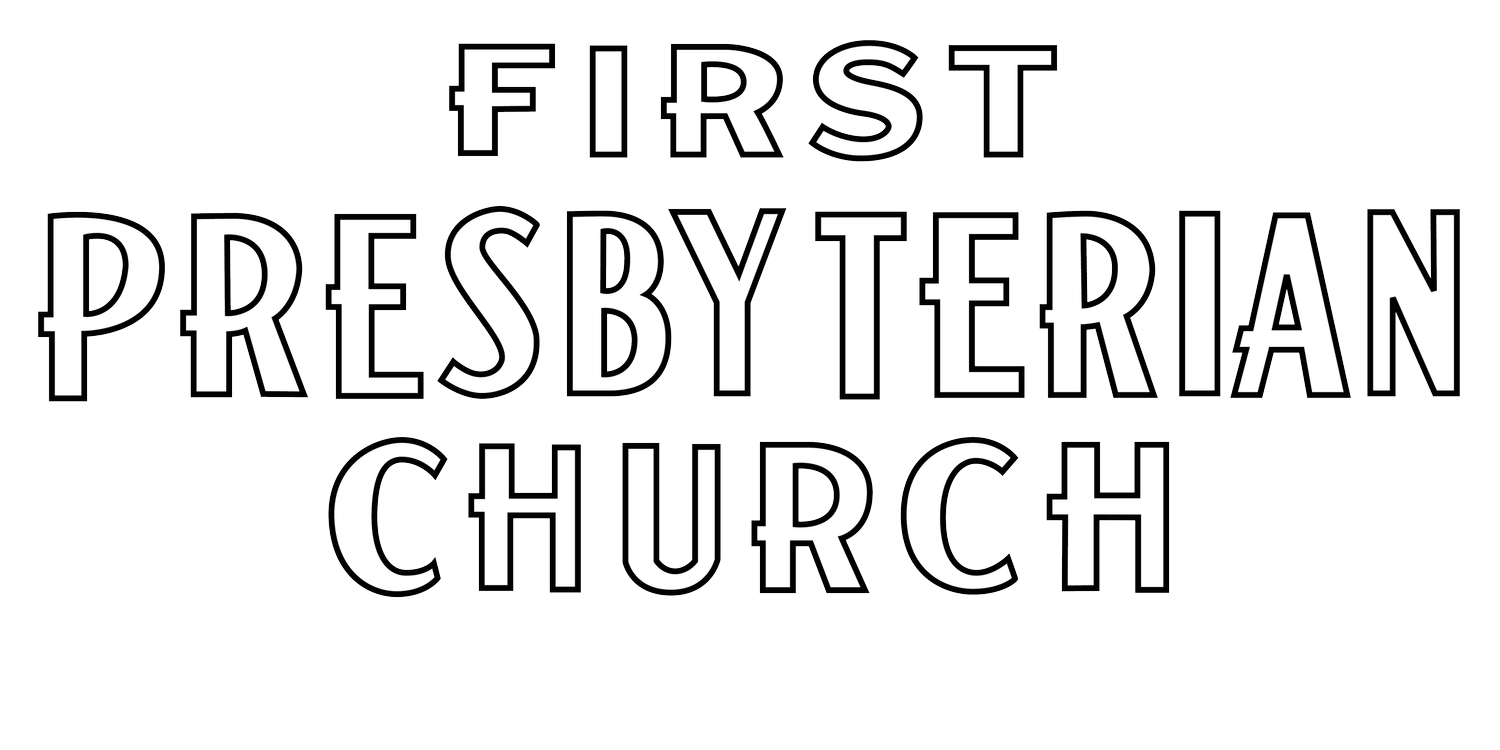Martha: In Admiration
John 11: 17-27
I love the story of the death and resurrection of Lazarus in John 11. At memorial services in church settings, a nursing home, and the Lighthouse Mission, I have reflected upon different aspects of the story. For example, I have asked, and ventured answers, to the question: Why did Jesus weep? I commend the entire chapter to you. But in this reflection I want to focus on one person in that story — Martha.
We pick up the story in verse 17. Lazarus had been dead four days and, as Martha said, “by this time he stinketh.” (KJV). He was good and dead, completely dead, stinkingly dead. Which is exactly why Jesus had delayed his arrival, rather than coming when first summoned. But finally Jesus is approaching the home of Mary and Martha, Lazarus’ sisters who had sent for him.
Mary and Martha. Martha and Mary. Their stories are intermingled. There is the time, of course, when Jesus was a guest in their home, and Martha was “distracted by all the preparations that had to be made,” while Mary “sat at the Lord’s feet listening to what he said” (Lk 10:38-42). So, in keeping with their personalities, in the Lazarus story we read, ”When Martha heard that Jesus was coming, she ran out to meet him, but Mary stayed at home.” Martha runs while Mary sits.
When Martha meets Jesus on the road, her first words to him are words that many of us have probably said at times of deep loss, disappointment, or confusion: “Lord, if you had been here…” this or that calamity would not have happened.
“If you had been here,” my loved one would not have died.
“If you had been here,” I wouldn’t have lost my job.
“If you had been here,” I would have been healed of this sickness.
“If you had been here,” my child would not be consumed by this addiction.Lord, if only you had been here, things would be so different.
After this thoroughly human lament, Martha then says, “But I know that even now God will give you whatever you ask.” What?! Even now?! Even now that Lazarus lies rotting in his grave? Here is another one of those great “buts” of the Bible. The Psalms especially are full of them. The psalmist pours out a great complaint, sometimes even an accusation against God, but follows it with, “But you, Oh Lord…” (See Ps 13).
So, in the midst of her grief, disappointment, perhaps even anger, Martha still believes that Jesus can do something so life giving as to give life back to her brother.
Then follows a short exchange about resurrection, in which Jesus makes the startling assertion, “I AM the resurrection and the life,” and Martha follows it with an equally startling assertion, “I believe that you are the Christ, the Son of God, who was to come into the world.” Where, one might ask, did such a magnificent declaration come from? And wouldn’t we have expected it to come instead from Martha’s sister, Mary, what has for all time been commended for sitting at the feet of Jesus? Just like so called “Doubting Thomas,” Martha has sadly been remembered for one incident that warranted Jesus’ correction. But I want to correct that perception, and put Martha on a heroes pedestal where she belongs! Yes, she had her moments of being distracted. Who doesn’t? But in this moment we see her, not distracted, but focussed and faith-filled. Focussed on Jesus as the Christ, and full of faith that even now, even against all odds, he could bring about a great reversal in an impossible situation.
Martha, then, is a woman worthy of our emulation. May we, like her, be honest with God about our feelings of abandonment when our hopes have died. And may we also, in spite of those deaths, look to him with expectation that he can yet bring life. For he, and he alone, is the Christ, the Son of God, who has come into the world.
